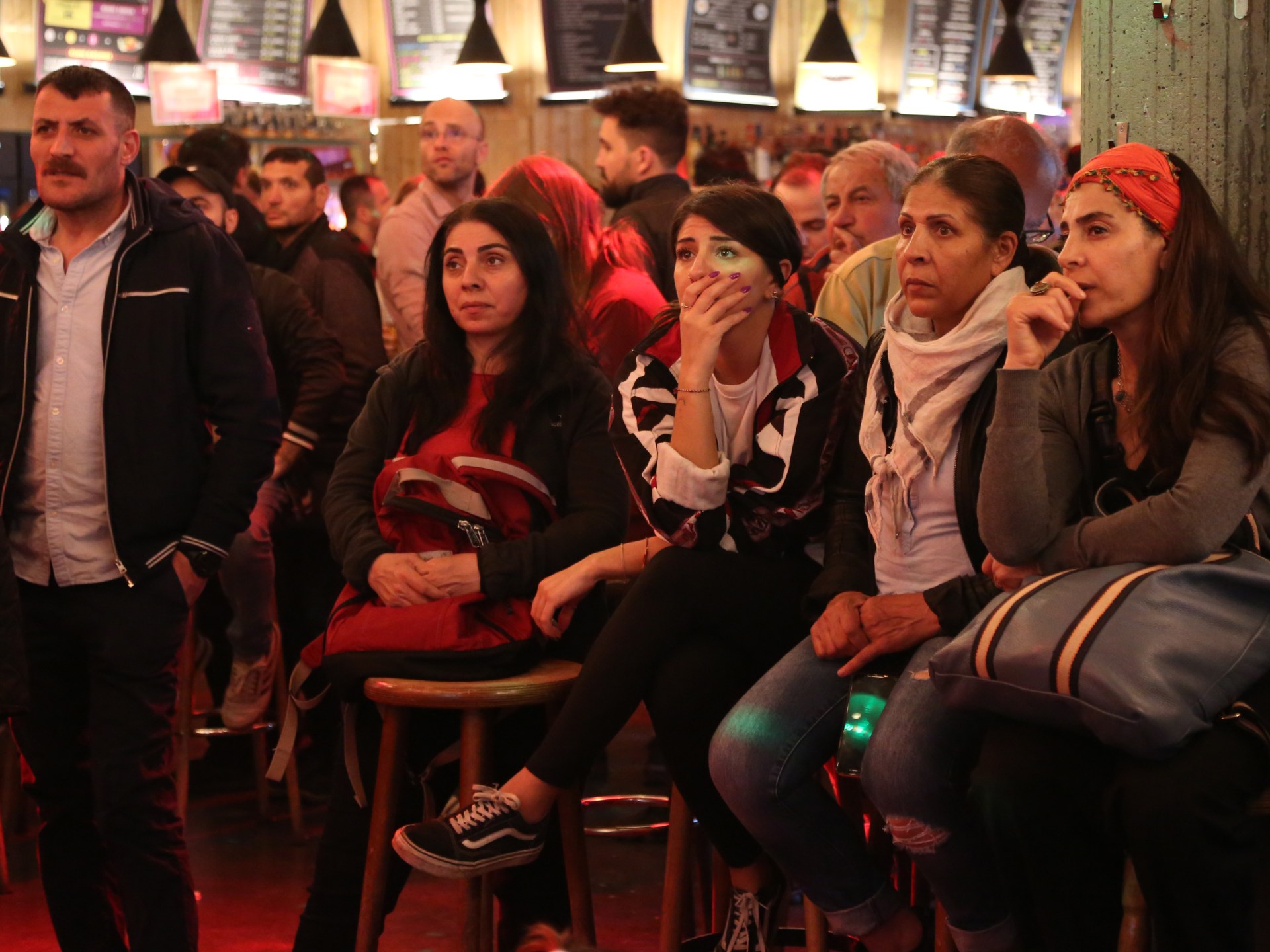The number of members of the Turkish community in Germany is estimated at 2.8 million (Getty - Archive)
Germans of Turkish origin have formed an alliance to run in the European Parliament elections with the aim of amplifying the voice of their community, which is one of the largest in the country, but their initiative raises concerns in Berlin, amid doubts about its connection to Ankara.
The “Democratic Alliance for Diversity and Renewal” - known by the acronym (DAVA) or “Advocacy” - was established in late 2023.
Although it has not yet officially become a political party, the Dawa coalition can run - as an association - in the European elections scheduled for next June 9.
Fatih Zingale, one of its founding members, confirms that the party's program focuses on integration, and wants exclusively to fill a "political vacuum" for Germans of foreign origins "who do not feel comfortable practicing politics, especially within the ranks of traditional parties."
Commenting on the doubts raised about this alliance’s links to the ruling party in Turkey, Zingal (44 years old), who works as a lawyer, said: “We are not a branch of the Justice and Development Party, and we are not a military arm of Turkish President Recep Tayyip Erdogan.”
Zingale, who will be at the top of the coalition's list of candidates in the European elections, has long served as spokesman for the Union of International Democrats.
He confirms that he is no longer in charge of it now.
Zingale believes the emerging party is capable of winning at least one of Germany's 96 seats in the elections.
Another candidate for the alliance is Doctor Ali Ihsan Unlu, who for years served as president of the regional branch in Lower Saxony of the Turkish Islamic Union (DITIB), which is the largest Islamic organization in Germany and whose imams are trained by the religious establishment in Ankara.
Fears and reassurances
The German press has begun calling the emerging alliance “Erdogan’s party,” which other parties view with suspicion.
Max Lux, a representative of the Green Party in the German government coalition, said that all of the leadership cadres of the “Dawa” coalition are currently or have previously been linked to “organizations affiliated with the Justice and Development Party, directly or indirectly.”
Lux saw that the Dawa coalition is "a wolf disguised in a sheep's skin. For him, there is no goal for diversity and anti-racism except in this direction," describing it as "the Turkish version of (the Alternative for Germany) party," in reference to the far-right party.
In this context, the conservatives in Chancellor Olaf Scholz's coalition expressed their opposition to a legal amendment that allowed dual citizenship for descendants of countries such as Turkey, allowing them to cast their votes in the European elections in Germany.
Christian Democratic Union MP Thorsten Frei accused the Turkish alliance of being "a new entry gate for external influence into German politics."
Fatih Zingale confirms that he previously belonged to the Social Democratic Party, to which current Chancellor Olaf Scholz belongs.
He says, "In the past, especially when I was a child, I often heard that children of immigrants should get more involved in political life...and now we have established our group."
For his part, the head of the Turkish community in Germany, Gokan Sovoglu, calls for caution in approaching the issue.
He says that other movements made similar attempts, "but they did not succeed, and his call will not succeed either."
But he believes that the interest aroused by the alliance shows that many Germans of foreign origin "do not feel that the traditional parties represent them."
Germany - the largest economic power in the European Union - resides in the world's largest community of people of Turkish origin, estimated at about 2.8 million people.
The majority of these are descendants of workers who came to Germany in the 1960s and 1970s to compensate for the labor shortage.
About half of them hold only Turkish passports, while the rest hold exclusively German citizenship.
Erdogan is widely popular among the community in Germany.
Source: French

